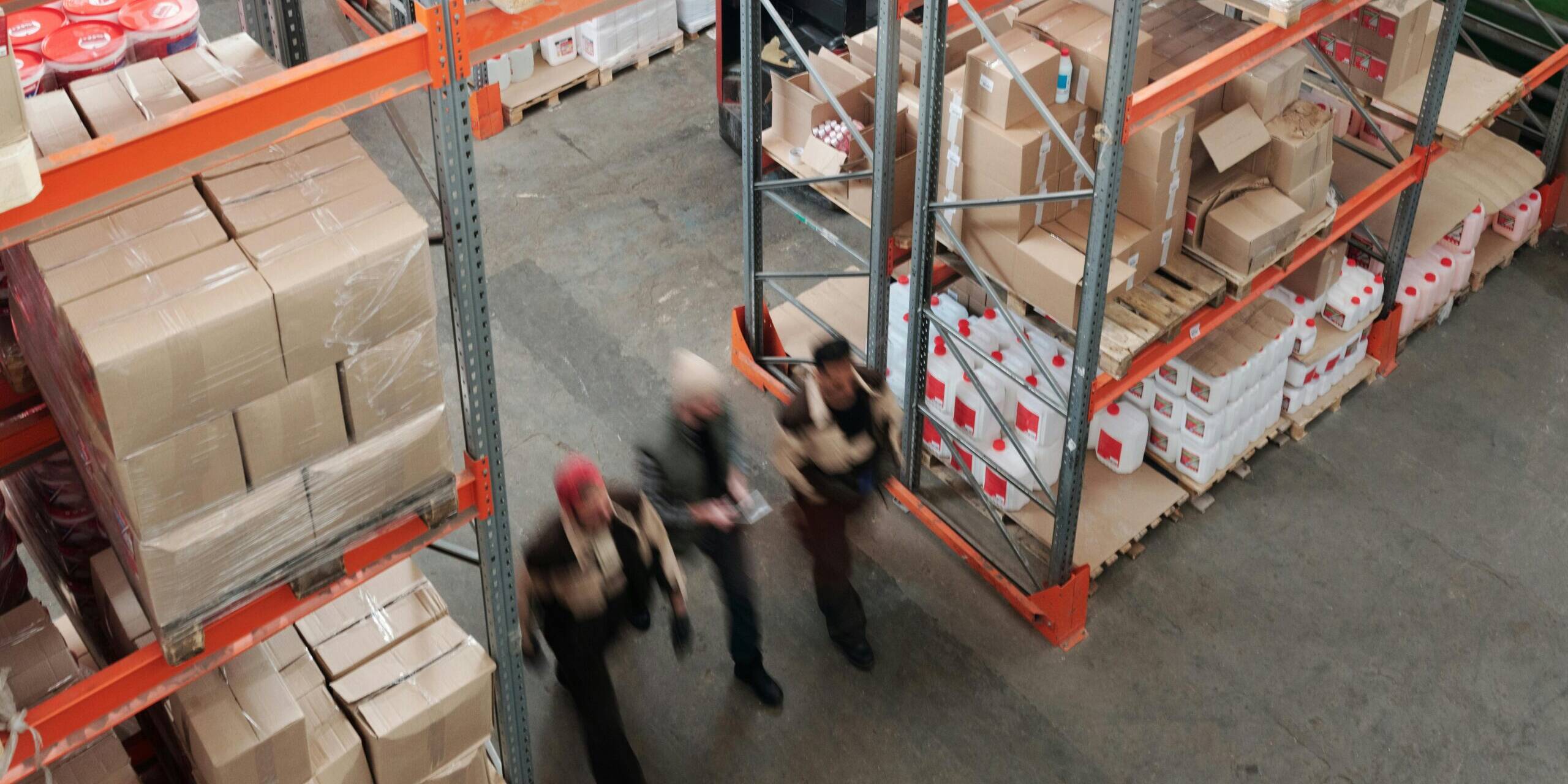Logistics 4.0, a real revolution characterized phase 2 of the Covid emergency in the logistics sector
The opportunity must be seized from the crisis, an assumption that has now become a real dictate for all sectors that have suffered sharp downturns in economic terms following the Covid-19 emergency.
A contingency situation that has meant that all the gaps in our country in the area of digitization have emerged, literally bringing companies that would never have thought of having to face a crisis of such magnitude to their knees.
But what would have happened if companies had invested earlier in the evolution and innovations offered by the digital age? Surely the problems would have been more limited in scope; on the other hand, it seems complicated to revolutionize the company's modus operandi when the wind is blowing hard on the right side.
The emergency transforms Italy into a Digital First country
The phenomenon of forced digitization
Let us therefore analyze the phenomenon of "forced digitization" as a sort of positive "side effect" of the pandemic, which has allowed certain sectors to make a triple leap forward in innovation. Among these there is certainly that of logistics, always reluctant to innovate as it is anchored to certain sector logics that have never allowed, up to now, a growth determined by digital interventions.
The health emergency has in fact marked a real 4.0 turning point in logistics with its digitalization.
In fact, as never before, companies in the logistics sector have reflected on the need to invest and acted in the perspective of new technologies for end-to-end process management.
An added value for the offer of increasingly integrated, synchronized and optimized services, but also a solution for safety in the workplace, another age-old aspect that negatively characterizes a sector which, net of this, represents one of the most productive of our nation.
The advent of Logistics 4.0
Covid Transformation
Digital innovation has therefore characterized the "Phase 2" of logistics, with the digitization of transport documents, with increasingly automated warehouses, and with the sharing of data and planning of means in the cloud; something unthinkable and distant if you think about 2019.
A real boom in logistics and transport digitalization projects: at the center Smart Working, destined to become a habit in this sector too.
In the framework of Smart Working clearly all the initiatives aimed at the digital management of the collection of working documents, as well as, as mentioned, warehouse automation and robotization, redesigning in some respects what had been the tasks of a normal "human" logistics worker.
In fact, human resources have undergone a heavy change in working methods, with specific training aimed at optimizing time, methods and percentages of physical and mental risk.
In this regard, in the “Phase 2” of logistics, the demand for new skills has grown, dictated by digital innovation, or rather by the automation of processes, data acquisition and artificial intelligence. Even this factor would have been unthinkable just a few months ago, with a sector light-years away from issues of this nature.
New minds for a new era
Training the professionals of the future
A leap forward that has given way to new “minds” capable of bringing real added value to more or less large companies in the sector.
Thus, for the first time, logistics service providers began to search for 4.0 profiles, new professionals such as Big Data Analyst, Digital Transformation Manager, IT for logistics, IT automation, Innovation manager and AI Specialist.
New technologies and digital skills with a role of absolute centrality therefore also in a logistics finally aimed at the future.
Transversal network collaborations between the various supply chains will also be fundamental in the era of "Logistics 4.0", with a reduction in storage and handling activities in favor of the complete management of all phases of the processes of goods flows at all levels.
Winds of revolution therefore, and never as in this case one would think that not all evils come to harm, because tomorrow we will look to 2020 also as the year in which logistics began as a sector to seriously invest in a medium future. -long term based on innovation.




